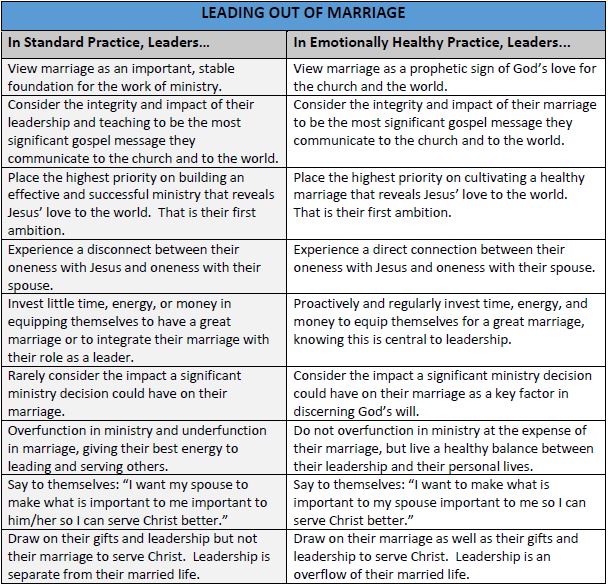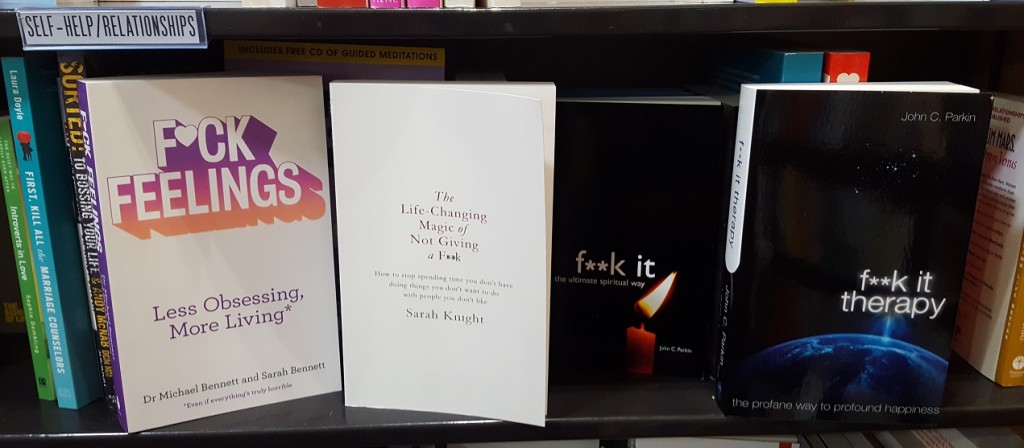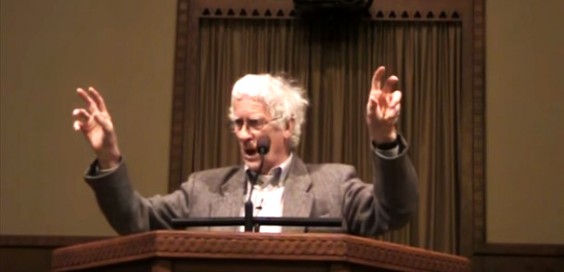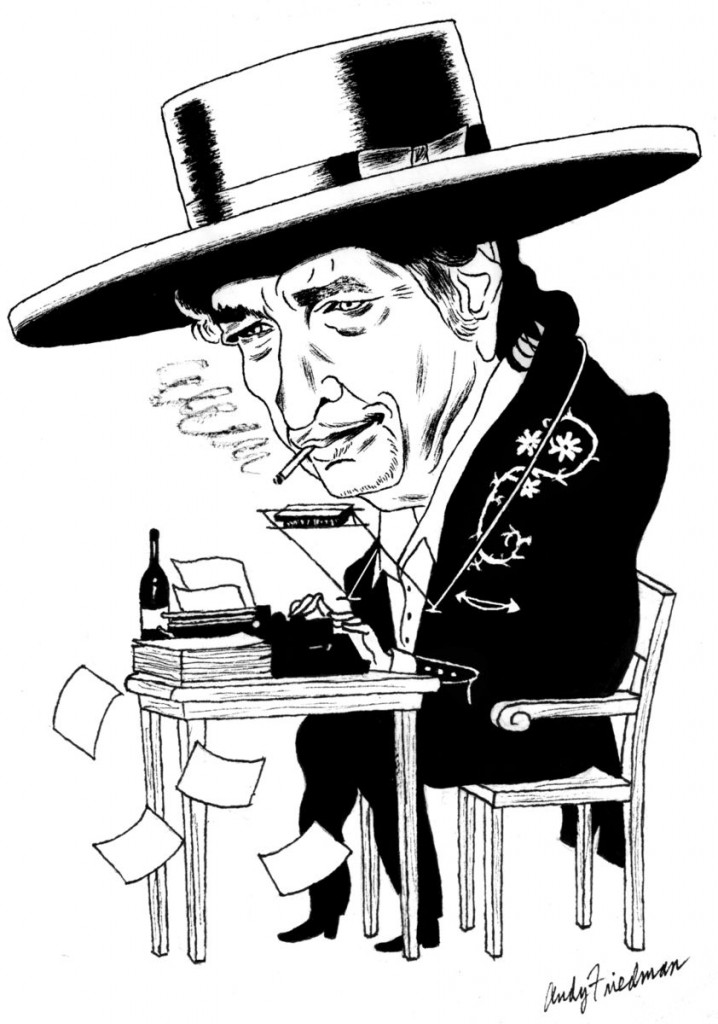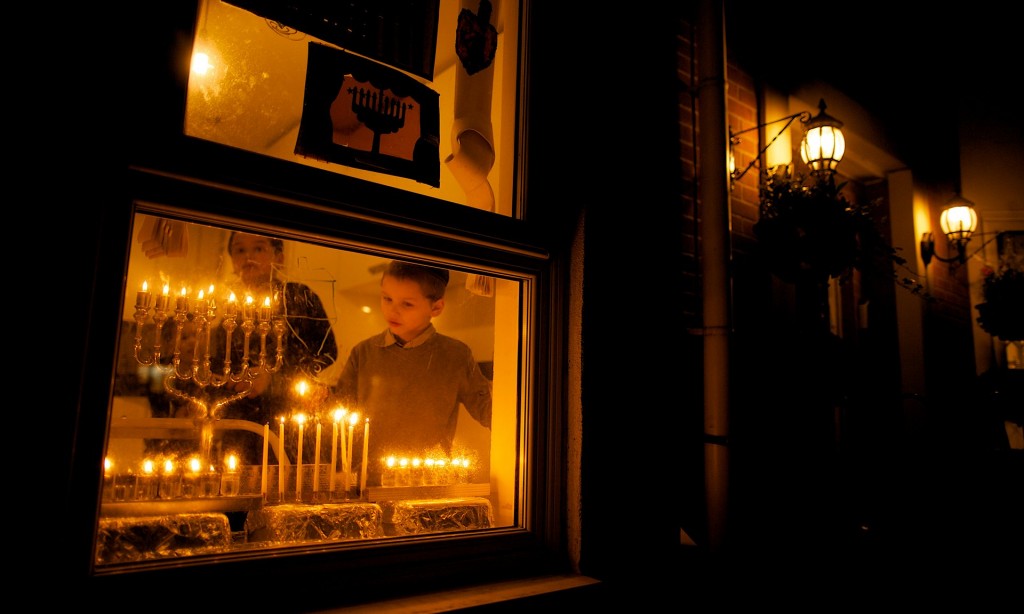 This article from the British Guardian argues that it not only okay, but necessary that Christians be allowed to celebrate Christmas without fear of offending anyone: “The nervousness over Christmas, or even over expressing religious belief, is an absurd expression of a real void at the heart of soulless technocracy.” It further argues that there is a place for Christianity in society, in the manner of virtue formation. I do not agree that Christian virtues ultimately derive from Socrates and Aristotle, although there is no doubt that Christian understanding of the virtues has been greatly influenced by these philosophers over the centuries. What I liked about the article was its insistence that
This article from the British Guardian argues that it not only okay, but necessary that Christians be allowed to celebrate Christmas without fear of offending anyone: “The nervousness over Christmas, or even over expressing religious belief, is an absurd expression of a real void at the heart of soulless technocracy.” It further argues that there is a place for Christianity in society, in the manner of virtue formation. I do not agree that Christian virtues ultimately derive from Socrates and Aristotle, although there is no doubt that Christian understanding of the virtues has been greatly influenced by these philosophers over the centuries. What I liked about the article was its insistence that
The central insight is that both individuals and societies, or social groups, develop their values by living them. Moral questions cannot be answered entirely by reasoning: we discover what kind of creatures we are by living; we develop virtues, like vices, by practising them.
A second article, also from The Guardian, is written by an Anglican minister married to a Jewish woman. He notes one way in which Jews and Christians differ: in the relation of their faith to their home life.
My Jewish relatives are all secular Israelis – yet it is they, not I, who have introduced religious liturgies into our house. And I thank them for bringing God home.
Finally, this article, written by woman, considers the seemingly all-pervasive reality of internet pornography, its effects, its widespread use in evangelical Christianity, and what response to it may look like. It is concerning, and a sign of the colonisation of the church by the culture, that many Christians consider “not recycling” a greater sin than use of pornography. Or perhaps it is a shamed conscience.
The commentators and researchers are, in part, right: Porn isn’t just an individual moral problem. It strikes to the heart of what it means to be human. This is why Paul urges believers to “flee from sexual immorality. All other sins a person commits are outside the body, but whoever sins sexually, sins against their own body” (1 Cor. 6:18). Sexual sin can affect us in profound and devastating ways. Some sins we can fight. Others we must flee—even when temptation is only a Google search away.




